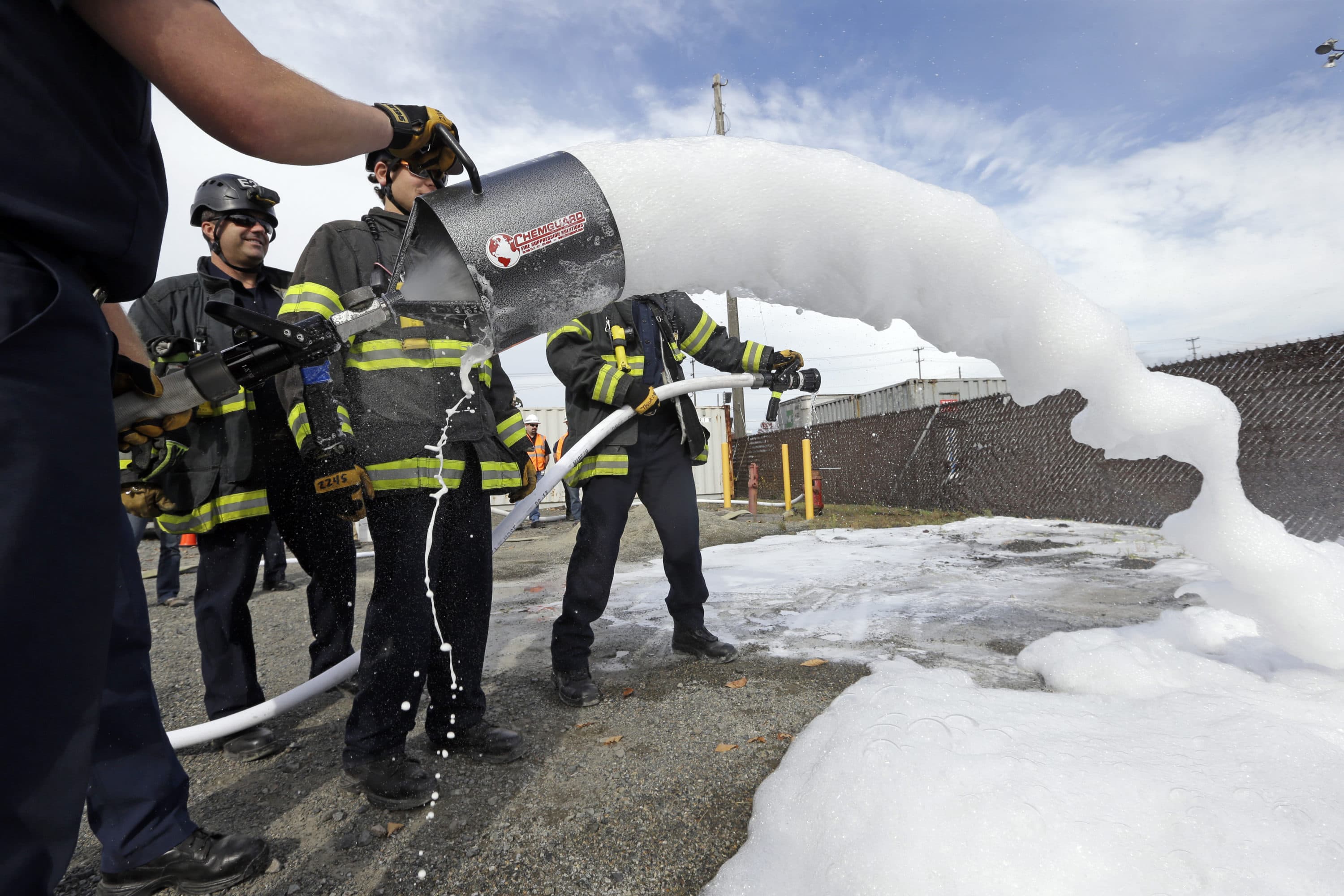Advertisement
Report recommends blood tests, medical monitoring for people exposed to toxic PFAS chemicals

A new report from the National Academies recommends blood tests and medical monitoring for people likely to have high exposure to the toxic chemicals known as PFAS.
The report offers the first comprehensive summary detailing links between PFAS levels in the blood and specific health concerns. It concludes there is now "sufficient evidence" of association between PFAS exposure and kidney cancer in adults, decreased infant and fetal growth, decreased immune response, and high cholesterol in adults and children.
Ned Calogne, who chaired the study committee for the report, said he was surprised by the strength of the evidence linking PFAS to disease, and also by the "ubiquitousness" of PFAS exposure in the United States.
"We find contamination in all 50 states and at least two territories, and in over 2,800 communities across the country," said Calogne, a physician and incoming associate dean for public health practice at the Colorado School of Public Health.
PFAS chemicals have been used in many commercial items, like food packaging, stain-proof rugs, and nonstick cookware, and are also common in firefighting foams. The compounds are often called "forever chemicals" because they don't degrade easily and are very stable in water. To learn more about PFAS and if they've been found in your environment, read this.

The report recommends blood testing for a broad swath of the population: not only people who have lived in contaminated communities or with jobs that expose them to PFAS, but also those who have lived near commercial airports, military bases, wastewater treatment plants, farms where sewage sludge may have been used, or landfills or incinerators that have received waste containing PFAS.
The report also recommends that the Centers for Disease Control, the Agency for Toxic Substances and Disease Registry, and public health departments create educational materials for clinicians, including information on PFAS exposure, potential health effects, and the pros and cons of testing.
Laurel Schaider, a senior scientist with the Silent Spring Institute in Newton, studies communities like Hyannis, Ayer and Westfield with high exposure to PFAS. She calls the report “validating.”
"[The report] will also be helpful more broadly in the medical community to raise awareness about health concerns around PFAS," Schaider said. "I hope that it will make PFAS blood testing more readily available."
Advertisement
While there are currently no federal regulations for PFAS in drinking water, in 2020 Massachusetts set a limit of 20 parts per trillion for the sum of six PFAS compounds. Since then 93 cities and towns have had one or more test results over the legal limit. PFAS chemicals are also widespread in the state's surface and ground water.
Schaider said that the federal government is expected to release draft PFAS regulations later this year or early next year. In June the Environmental Protection Agency hinted at the possible regulations by issuing nonbinding health advisories that set thresholds for the two most common PFAS chemicals — PFOA and PFOS — to near zero.
